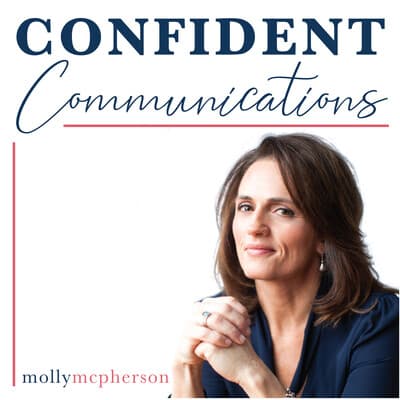Business
When is the last time you updated your passwords?If you answered never or not sure, take a listen to this episode for tips on how to protect your online identity. Cybersecurity breaches are a real threat to many businesses big and small. But don’t be lulled into thinking it’s only happening to companies. Private citizens are not taking cyber risk seriously and it’s costing people dearly. Did you know that in 2019 the number of publicly disclosed breaches was 3800? Or that 4.1 billion records were exposed?No one is immune to the risks. Banks, Facebook, universities, and online gaming have all been victims of major hacks, and it has cost people billions of dollars.Don’t roll the dice on your online safety. Keep listening to find out how to keep your online information safe.[1:37] Tip 1: PasswordsThings like your kids' names or the street you live on are weak passwords. Find out how to make a stronger password using phrases and characters, and my top password managers for help remembering them all. [3:09] Tip 2: Operating SystemsYes it’s a hassle, and people like to wait because they can be “glitchy” at first, but I’ll explain why it’s actually a really good idea to get in the habit of updating them regularly. (Hint: Cyberattacks.)[3:49] Tip 3: Wireless networksYour network needs a password, and this is another one you should update often, just in case you have people come over who might ask for it. Find out the one word I recommend never using for network security. [4:44] Tip 4: Open WiFi networks It’s easy to hop on the free WiFi at hotels, airports, and libraries, but if the network is open without a password you don’t want to use it. Find out my other go-to solutions for WiFi while traveling that are much safer than these open and free networks. It’s definitely worth the small investment to keep your data safe. [5:18] Tip 5: Privacy settings Hackers can get into your data just by being in close proximity to you. Here’s what to check in your privacy settings to see what you could be unintentionally sharing. [5:38] Tip 6: Device wipingDo you know what will happen if you lose your device? If you have passwords and files stored in there they could end up in the wrong hands. Find out how you can track your device and wipe out sensitive information if you need to.[6:34] Tip 7: Locked devicesYou might think you don’t need to lock it, but anything can happen. Here’s why locking your phone is always a good idea.-- Needing to book a virtual speaker for your event? Go to mollymcpherson.com/hire for more information.

